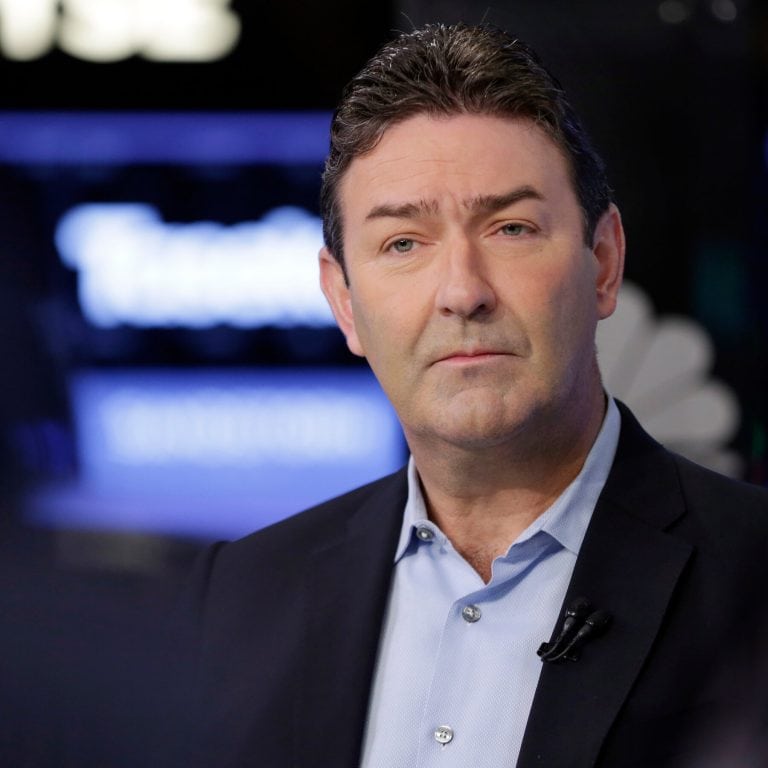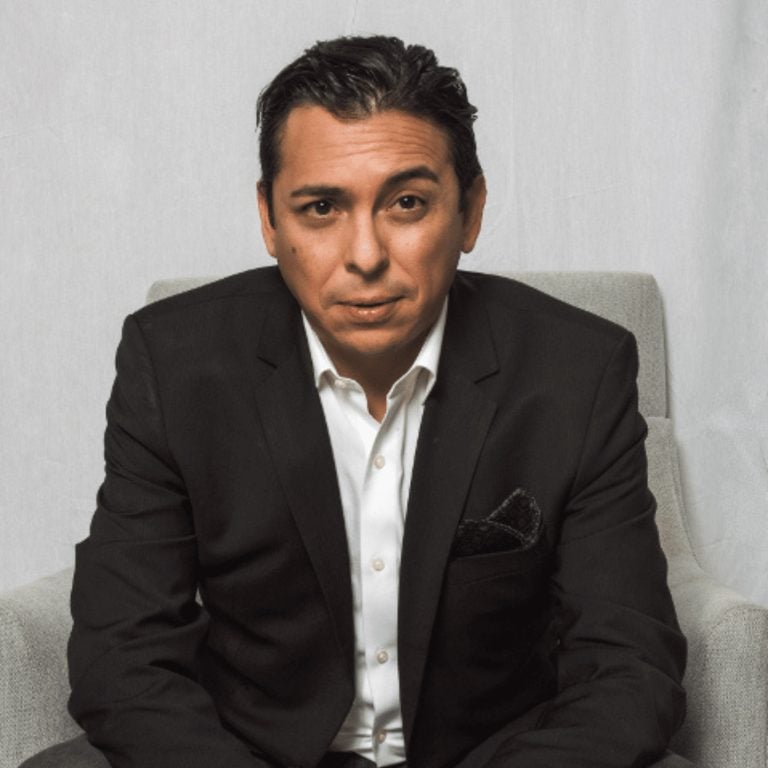
June 3, 2020
Scott Miller, EVP & CMO, Franklin Covey and Best-Selling Author
I have been a fan of Dr. Stephen Covey for years. He was renowned for his research on leadership culminating in a best seller 7 Habits of Highly Effective Peopleand the founding of Franklin Covey, a top-tier leadership development firm run by remarkable people. Even though the principles are timeless regardless of company, industry, or culture and provide great direction for leadership striving to be effective, they have continued to Reboot 7 Habits into tools that every generation can use.
Especially in 2020, when leaders need their teams to follow them into the unknown, to combat challenges and enact change. Franklin Covey provides the guidance necessary, based on decades of research, to allow leaders to thrive. Their approach focuses on executing what problems can be solved by changing mindsets and behavior…and they walk the talk.
I took a look under the hood with one of Franklin Covey’s most positive and compassionate leaders, best-selling author and head of Thought Leadership Programs, Scott Miller. Listen in aswe unpack his latest book, Management Mess to Leadership Success, and other books, to explore key leadership challenges that most all of us are faced with in the messy spaces between our professional and personal roles.
Scott’s top 30 leadership challenges cover a lot of ground, from creating an actionable vision, leading difficult conversations and inspiring trust -to- actively listening, putting right people in the right roles, getting right results the right way … and how can you become a leader people will follow.
The Pitfalls of “Talking Too Straight”
Leading difficult conversations is very important but while senior leaders have no shortage of confidence, this oftentimes leads to a lack diplomacy. At Franklin Covey this is called a lack of consideration. Scott finds that vulnerability can be a leadership competency as opposed to a weakness. It’s very easy to damage someone’s self-worth if a leader is too harsh and there is a way to have a difficult conversation while leaving someone better off than before. This, of course, must be balanced otherwise the message may not be clear.
The Importance of Listening
Listening is often an undervalued skill. Scott points out, “most of us listen with an intent to respond, not with the intent to understand.” While a leader likely gained success through efficiency, this is not the best approach when it comes to relationships. When he told me, as opposed to focusing on efficiency, leaders should focus on the effectiveness of their relationships … I thought he was giving me personal feedback! Truly listening to your people will help you get there.
“most of us listen with intent to respond, not intent to understand.”
The Power of Trust
Large institutions, or as i call them BFS’s, are notoriously reluctant to implement change, but Scott advises leaders to rely on trust in the face of those challenges. Stephen M. R. Covey, Dr. Covey’s eldest son, authored The Speed of Trust on this same issue. “Nothing is faster than the speed of trust!” says Scott, “When you have a culture that is rooted in transparency, rooted in high trust behaviors, where you declare your intent… nothing is faster than building high-trust & high-transparency. When you trust someone, the speed at which you can get work done is remarkable.” He contrasts that with environments many of you have experienced, mistrusting cultures riddled with reliance on email paper trails and BCCing assistants or HR. Modeling the 13 behaviors of high trust leaders can move things exponentially, I recommend you check it out!











